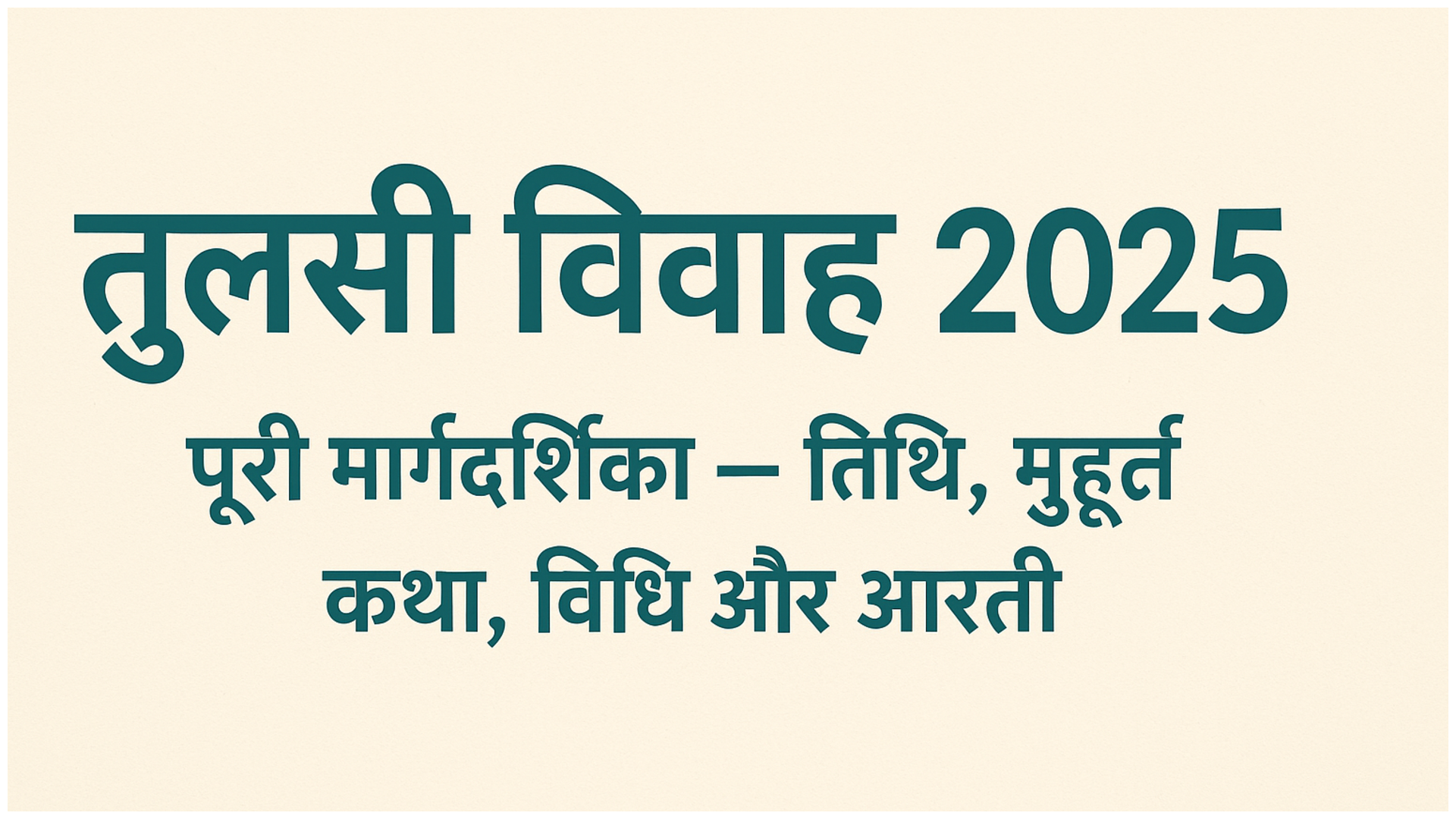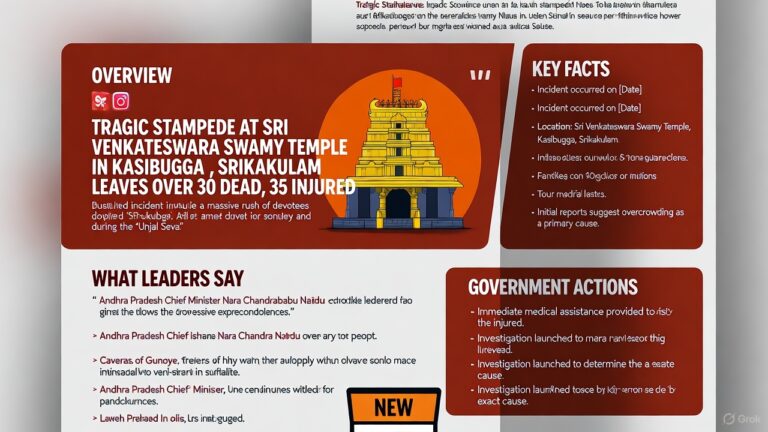
#BoycottINDvPAK Ignites Fury: The Asia Cup 2025 Clash That’s More Than Just Cricket – Latest Drama and Updates!
Cricket fans, hold onto your seats because the India vs Pakistan showdown in the Asia Cup 2025 isn’t just about boundaries and wickets anymore – it’s a full-blown national storm! As the high-voltage match looms on September 14 at Dubai International Cricket Stadium, the hashtag #BoycottINDvPAK is trending like wildfire on social media, fueled by raw emotions, political outcry, and memories of the tragic Pahalgam terror attack. With calls to boycott the game echoing from political leaders, celebrities, and everyday fans, this rivalry has transcended the pitch, turning the Asia Cup into a symbol of deeper tensions. Drawing from the latest updates as of September 13, 2025, we’ll unpack the controversy, fan reactions, BCCI’s stance, and whether this iconic clash will even happen amid the boycott frenzy. Is cricket finally paying the price for politics, or will the game go on? Let’s dive into the drama that’s captivating India!
The Spark: Pahalgam Attack and Operation Sindoor Fuel Boycott Calls
It all boils down to the heart-wrenching Pahalgam terror attack in April 2025, where 26 innocent lives were lost in a brutal assault blamed on Pakistan-backed militants. India’s swift response, Operation Sindoor, targeted terror sites across the border, leading to a four-day war and heightened Indo-Pak tensions. Fast forward to now, and playing cricket against Pakistan feels like a slap in the face to many grieving families and patriotic hearts. Political leaders from AAP to BJP are leading the charge: Delhi’s Saurabh Bharadwaj urged boycotting venues screening the match, while effigies of Pakistan were burned in protests. Even widows of victims like Aishanya Dwivedi made emotional pleas, saying, “BCCI should not have accepted this match – it’s insensitive to the 26 families.” Social media is ablaze with #BoycottAsiaCup and #BoycottINDvPAK, amassing millions of posts, as fans argue that cheering for India against Pakistan now undermines national sentiment. Supreme Court dismissed a petition to cancel the match, calling it “just a game,” but that hasn’t quelled the fire – if anything, it’s poured fuel on it.
The backlash is widespread: From veterans like Kedar Jadhav urging the team to boycott, to Harbhajan Singh echoing the sentiment, even IPL franchises like Punjab Kings subtly distanced themselves by omitting Pakistan from social media posts. In a tit-for-tat, PSL’s Karachi Kings mirrored this with a chess-themed graphic leaving India’s spot blank. Unsold tickets in Dubai and sponsor withdrawals signal the boycott’s real impact, with netizens slamming BCCI secretary Jay Shah for an “invisible boycott” – officials skipping the event while the game proceeds. As the match nears, the political pitch is higher than ever, with leaders questioning why cricket remains the “lone bridge” amid suspended treaties and halted trade.
Social Media Storm: How #BoycottINDvPAK is Taking Over X and Beyond
Step onto X (formerly Twitter), and it’s a battlefield of opinions! #BoycottINDvPAK has trended nationwide, with users posting, “Patriotism ends where promotions begin,” slamming a Sony Sports promo featuring Virender Sehwag, Suryakumar Yadav, and Shaheen Afridi as “insensitive.” Celebrities, journalists, and common folk are uniting: “Don’t switch on your TVs – boycott this match!” one viral post reads, garnering thousands of retweets. Reddit threads like r/indiadiscussion are debating mass boycotts, with users calling for shaming BCCI and trending #NoAsiaCup. Even international voices are chiming in, but the core is Indian outrage – “Playing with a terrorist nation? Unacceptable!” Fans argue a boycott would cripple Pakistan cricket financially, forcing the ICC to reconsider. On the flip side, some urge separating sports from politics, but the sentiment leans heavily toward protest, especially with slow ticket sales and viral campaigns like #PakSeMatKheloIndia.
The frenzy has even reached the cricket fraternity: Team India’s assistant coach Sitanshu Kotak said the camp is focused on the game, ignoring “outside noise,” while Sunil Gavaskar reminded, “Government’s call is final – don’t target players.” But with boycott calls uniting the nation, from Pune protests to online petitions, the pressure on BCCI is immense. Will ratings plummet, or will die-hard fans tune in anyway? The Asia Cup’s fate hangs in the balance.

BCCI and Government’s Stance: Invisible Boycott or Full Steam Ahead?
The Board of Control for Cricket in India (BCCI) finds itself in a tight spot, opting for what some call an “invisible boycott.” Officials like Jay Shah are reportedly skipping the match, distancing the board while fulfilling ICC obligations – after all, it’s a multilateral tournament, not bilateral, so pulling out could jeopardize India’s 2036 Olympics bid. The government cleared no restrictions on the clash, emphasizing participation in ICC events, but public fury is mounting. BJP MP Anurag Thakur noted, “When multinational tournaments are organized, nations must participate,” yet acknowledged the compulsion. On the ground, Punjab Kings’ social media silence on Pakistan and similar moves from other franchises signal subtle support for the boycott. As of September 13, BCCI maintains the game goes on, but with unsold tickets and sponsor pullouts, the invisible boycott might become very visible indeed. Pakistan, meanwhile, has mirrored the snub with their own veiled posts, escalating the off-field rivalry.
Team India, fresh off a thumping win over UAE, is laser-focused: Suryakumar Yadav leads a squad aiming for Super Fours, but whispers of player unease persist. Pakistan, under Salman Ali Agha, beat Oman convincingly, but the shadow of boycott looms large. With the match just a day away, will it be played amid empty stands, or will passion prevail? The drama is thicker than any on-field thriller.
What Happens Next? The Impact on Asia Cup and Indo-Pak Cricket
If the boycott gains traction, it could reshape Asia Cup 2025 – low viewership, financial hits to broadcasters like Sony Sports, and pressure on ICC to rethink hybrid models. For Indo-Pak cricket, already limited to ICC events since 2008, this could be the final nail, especially post-Pahalgam and Operation Sindoor. Families of victims like Aishanya Dwivedi plead, “Don’t give them revenue for more attacks,” highlighting the human cost. Yet, cricket’s unifying power might shine through, with some fans vowing to watch for national pride. As hashtags dominate feeds, the September 14 clash at 8 PM IST could be historic – for better or worse. Stay tuned; this story is far from over!
Related Articles
![]()




